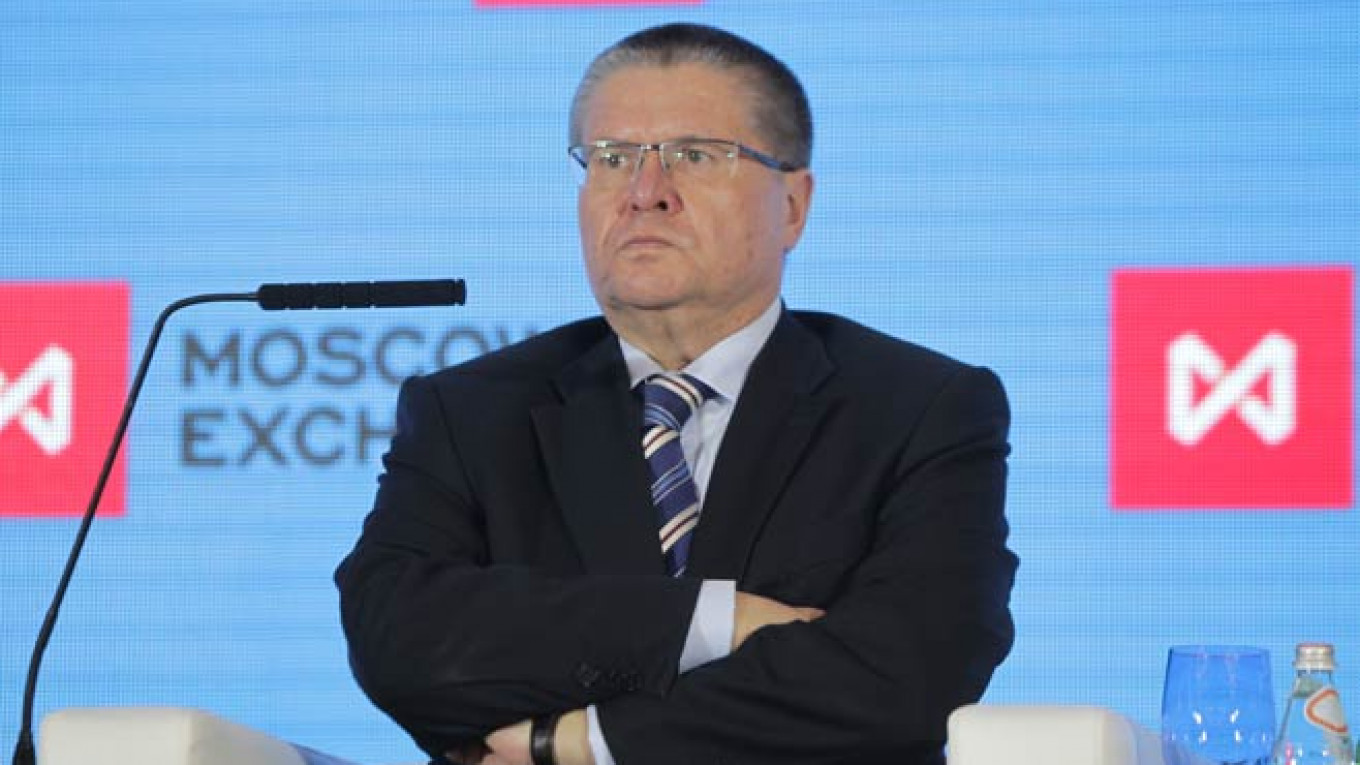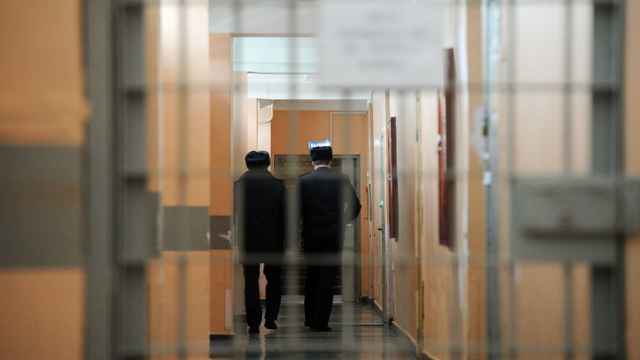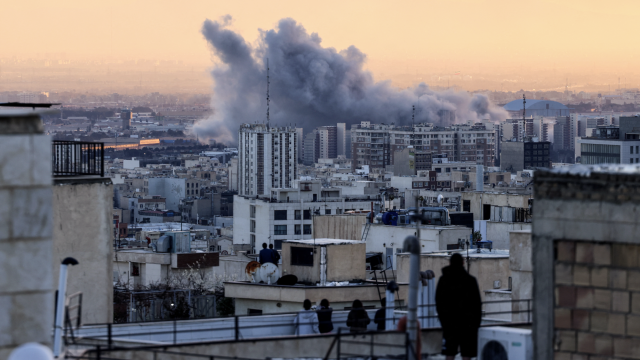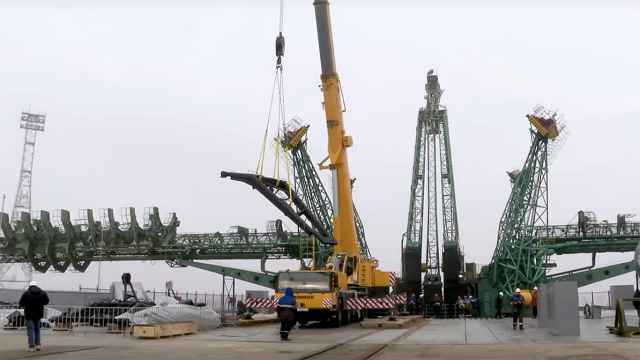Credit agency Standard & Poor's cut Russia's foreign currency ratings on Friday, saying further downgrades were possible if the West imposed tighter sanctions against Moscow in response to the crisis in Ukraine.
Moscow said politics had played a role in the downgrade, the first by a major agency since Russia seized Crimea from Ukraine in March and leaving the S&P rating just one notch above junk status.
Foreign investors have been pulling money out of Russia since the country's economy hit the rails last year, a process that has intensified along with Western concerns about Ukraine.
S&P said outflows might now speed up further.
"The tense geopolitical situation between Russia and Ukraine could see additional significant outflows of both foreign and domestic capital from the Russian economy and hence further undermine already weakening growth prospects," the agency said in a statement.
Russia's annexation of Crimea resulted in a first wave of sanctions from the West, and both the U.S. and Europe have threatened harsher and more costly measures if Moscow remains involved in its neighbors' affairs.
Foreign investors have exited Russia en masse, taking $63.7 billion with them in the first three months of this year, economic growth has ebbed to a crawl and Russia's Central Bank has spent billions of dollars on keeping the ruble from falling too fast.
President Vladimir Putin acknowledged on Thursday that the sanctions have impacted the economy, but he also said Moscow was ready to take further moves against Ukraine if Kiev used military forces in the eastern part of the country.
On Thursday, Ukrainian forces killed up to five pro-Moscow rebels as they closed in on the separatists' military stronghold in the country's east, and Russia launched army drills near the border in response, raising fears its troops would invade.
The downgrade was the first on Russia's sovereign debt since December 2008.
Economic Development Alexei Ulyukayev dismissed it, saying that "partially, it is kind of a politically motivated decision."
But analysts said other rating agencies were likely to follow suit, and Russia's already battered financial markets fell further on Friday.
"Russia is going backwards as reflected by developments in relations with Ukraine and the West," said Timothy Ash, analyst at Standard Bank.
"[This is]... bad for growth [long term and short term], bad for investment, bad for capital flows, and bad for broader political, economic reform and institutional reform.
The Central Bank, which was forced in March to raise key rates by unprecedented 150 basis points to stem capital flight, is expected to keep policy unchanged at a meeting later on Friday.
S&P said its downgrade reflected risks of further outflows, cutting both long- and short-term foreign currency ratings, to BBB-/A-3 from BBB/A-2. It kept a negative outlook on the ratings.
"The negative outlook reflects our view that we could lower our ratings on Russia over the next two years should we assess the risks to Russia's creditworthiness as having increased, based on much weaker economic growth than we currently expect," S&P said.
Russia's $2.1 trillion economy grew by 0.8 percent in the first quarter in gross domestic product terms and growth is expected to come at no more than 0.5 percent in the whole of the year.
Analysts at ING said that politics could have played a role in S&P's decision, taking under consideration the tough stance on Russia from the U.S.
"The main parameters of the budget and the debt burden in the Russian Federation are among the best, although, indeed, may be impaired in the event of stronger sanctions," the analysts said in a note.
Russia's debt to GDP ratio stood at around 11 percent at the end of last year, compared to more than 100 percent among countries such as Italy or Greece.
A Message from The Moscow Times:
Dear readers,
We are facing unprecedented challenges. Russia's Prosecutor General's Office has designated The Moscow Times as an "undesirable" organization, criminalizing our work and putting our staff at risk of prosecution. This follows our earlier unjust labeling as a "foreign agent."
These actions are direct attempts to silence independent journalism in Russia. The authorities claim our work "discredits the decisions of the Russian leadership." We see things differently: we strive to provide accurate, unbiased reporting on Russia.
We, the journalists of The Moscow Times, refuse to be silenced. But to continue our work, we need your help.
Your support, no matter how small, makes a world of difference. If you can, please support us monthly starting from just $2. It's quick to set up, and every contribution makes a significant impact.
By supporting The Moscow Times, you're defending open, independent journalism in the face of repression. Thank you for standing with us.
Remind me later.






